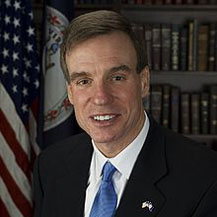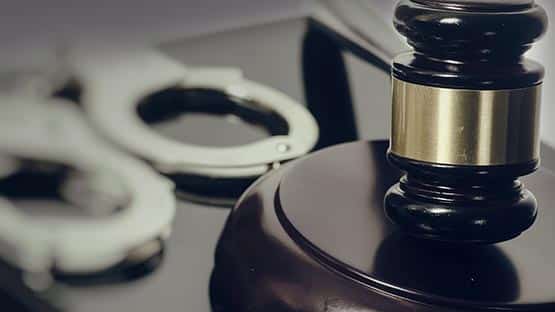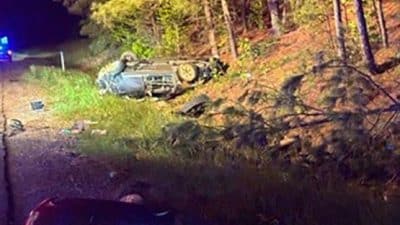
“This compromise bill provides robust reforms that will allow further innovation in unmanned aircraft systems technology and advance research, and provides a five-year extension of the FAA-designated test site at Virginia Tech. I’m also pleased that other major pieces of legislation I’ve introduced, which will promote the safe and responsible use of UAS technology while creating a pipeline of skilled workers in this transformative industry, were included and signed into law,” said Sen. Warner. “And once again, we have successfully prevented the addition of more slots at Reagan National, an effort that would have fundamentally undermined the balance among Northern Virginia’s airports and the economy that is based upon that balance.”
The legislation includes a directive for the FAA to develop a plan for commercial package delivery by drone within a year. Current regulations prohibit carriage of property by drone for compensation or hire, a rule that stifles innovation and growth in this emerging industry. Authorizing the practice will unlock an important application of this technology by allowing companies to develop package delivery services. A 2015 report by the Teal Group, an aerospace and defense market analysis firm based in Fairfax, VA, estimated that UAS production accounts for more than $4 billion of total economic activity annually and is expected to grow to $14 billion annually by 2025, totaling $93 billion. The bill also includes language to codify the Department of Transportation’s UAS Integration Pilot Program, which was announced last fall and for which Virginia Tech was selected as a participant. Inclusion of this provision provides Congressional backing and formalizes the pilot program.
Provisions from Sen. Warner’s bipartisan Safe DRONE Act included in the signed FAA bill will:
- Extend authorization of FAA-designed UAS test sites—including Virginia Tech—for five more years, through fiscal year 2023;
- Advance the FAA’s development of Unmanned Traffic Management (UTM) systems and technology to assist with increased safe integration of UAS operations into the national airspace;
- Require a multi-agency assessment of current spectrum demands and challenges for use by the UAS industry; and
- Create a Center of Excellence for Community Colleges to offer training for UAS operations and maintenance to build a skilled workforce.
In addition, the FAA bill maintains the current High Density (“Slot”) and Perimeter rules at Ronald Reagan Washington National Airport, preserving the regional balance among Reagan, Washington Dulles International Airport, and Thurgood Marshall Baltimore Washington International Airport – a significant victory for the National Capital Region.
Other measures included in the FAA reauthorization legislation include:
- Consumer Protections: The bill includes a requirement that FAA develop minimum standards for aircraft seat size, as well as a prohibition on involuntary bumping of passengers who have already boarded.
- Geospatial Data Act: The bill includes bipartisan legislation introduced by Sens. Warner and Orrin Hatch (R-UT) to improve coordination, reduce duplication, and increase data transparency in the acquisition of geospatial data.
- Reauthorizations: The Transportation Security Administration (TSA) is reauthorized for three years and the National Transportation Safety Board (NTSB) for four years.
- Emergency appropriations: $1.68 billion of federal emergency funds for disaster and hurricane relief efforts.
Sen. Warner has been a strong supporter of research and investment in unmanned systems, including driverless cars, drones, and unmanned maritime vehicles. He has introduced bipartisan legislation designed to advance the development of UAS and build on the FAA’s efforts to safely integrate them into the National Airspace System.
Virginia is home to one of seven FAA-approved sites across the country where researchers are testing the safest and most effective ways to incorporate UAS into the existing airspace – including the first-ever package delivery by drone to take place in the United States. The UAS test site at Virginia Tech has also developed a partnership with Google’s parent company to research package delivery using drones, or unmanned aerial vehicles.
In May 2018, the U.S. Department of Transportation’s (DOT) announced the selection of Virginia to participate in the FAA’s UAS Integration Pilot Program.










